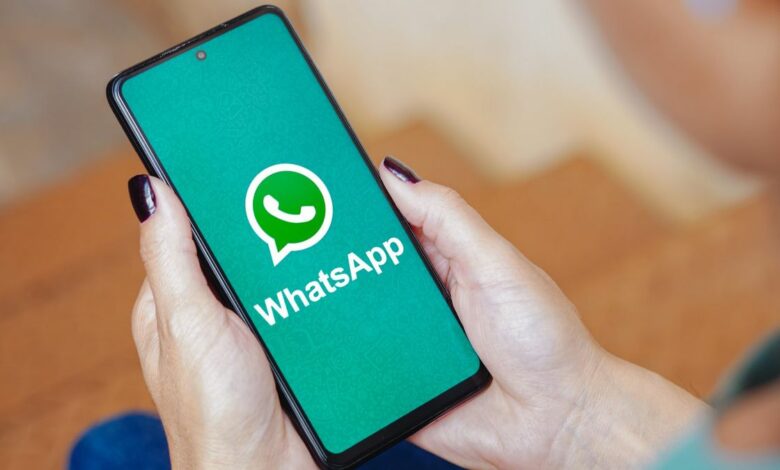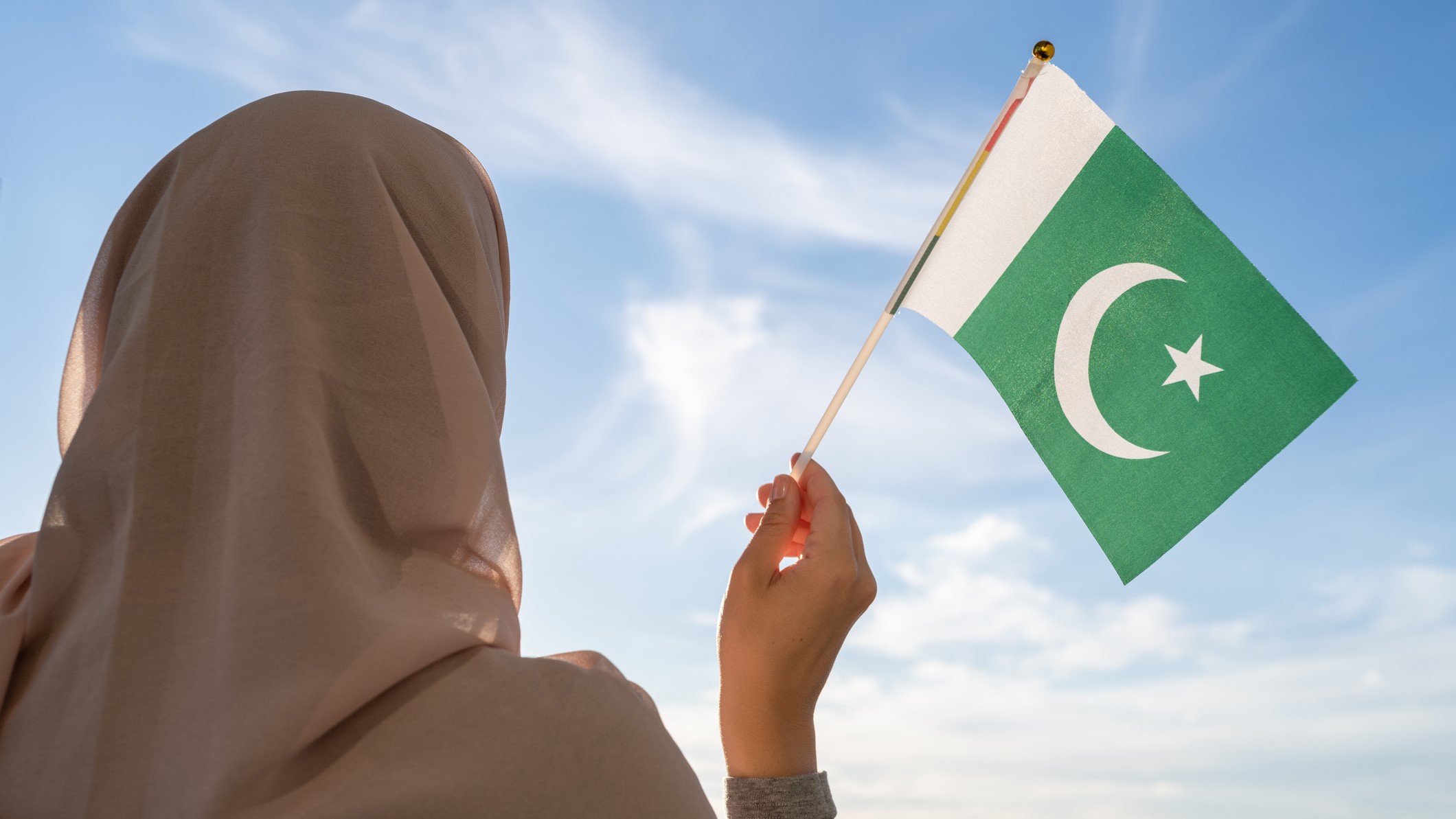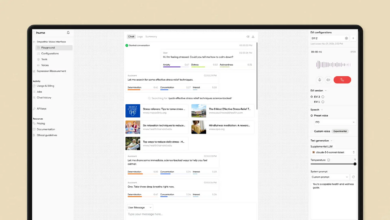WhatsApp becomes the latest social media app to be blocked in Pakistan

Pakistan restricted yet another social media platform this weekend.
WhatsApp is the new target of government censorship after X, Facebook, Instagram and, most recently, Bluesky were blocked across the country.
The internet watchdog NetBlocks reported the outage on Saturday, November 23, 2024 (see tweet below).
“The move comes as authorities tighten security measures ahead of protests planned by opposition party PTI calling for the release of former Prime Minister Imran Khan,” the experts said.
⚠️ Confirmed: Live stats show WhatsApp backends restricted in #Pakistan, confirming reports of media sharing issues; the move comes as authorities have tightened security ahead of protests planned by opposition party PTI calling for the release of former Prime Minister Imran Khan pic.twitter.com/aHYDLN934MNovember 23, 2024
The level of censorship in Pakistan has increased significantly in 2024.
Today’s most popular social media platforms first went dark in January, a month before the general election, when Khan’s party, PTI, launched its online election fundraising telethon.
Authorities imposed a temporary internet shutdown on February 8, election day. X was subsequently banned on the night of February 17, as a wave of protests against the election results spread across the country. To this day, Pakistanis still cannot access the ex-Twitter app without one of the top VPNs, along with Meta’s Facebook and Instagram and, since November 21, Bluesky.
Data suggest Censorship tactics have become more technically sophisticated, with these advanced techniques likely to also focus on circumventing tools such as VPNs.
Overall, experts believe that this increase in censorship is the main cause of the decline of the internet in the country.
Can a VPN help?
A virtual private network (VPN) is the software that bypasses social media blocks. In addition to encrypting all your Internet connections, a VPN spoofs your real IP address location, essentially giving you access to otherwise geo-blocked content.
This is precisely why VPN usage has skyrocketed throughout the year, with Proton VPN recording a sign-up increase of over 350% in early November alone.
Still, people may lose access to their VPN apps at the end of the month. November 30 is the deadline to register their services with the Pakistan Telecommunication Authority (PTA) to avoid disruptions.
While the PTA urges companies and freelancers not to miss the registration deadline, the debate continues is still ongoing on whether commercial VPNs should also be blocked.
Do you know that?

On November 15, Pakistan’s religious head said using a VPN is against Islamic law and called for a ban. A few days later, he blamed a typographical error in the statement: The News reported. Yet on the same day, the Ministry of Interior also called for a blocking of all “illegal” VPNs, claiming that terrorists use these tools “to facilitate violent activities and financial transactions in Pakistan.”
Even VPN providers are still in the dark about the fate of their users.
“It is still unclear how it will be implemented in practice, if at all,” Gytis Malinauskas, head of legal at VPN provider Surfshark, told TechRadar.
“However, it appears that the government wants to block access to certain websites/services by blocking VPN access for people who are not registered as VPN users in Pakistan,” he added.
At the beginning of the month, residents had been experiencing issues accessing their VPN tools for about 24 hours. What appeared to be the start of the crackdown on ‘unregistered’ VPNs was later deemed a ‘brief technical glitch’ by authorities. Surfshark was among the services that were temporarily restricted.
If you’re looking for a way to keep access to WhatsApp and other blocked platforms, I recommend checking out our best free VPN page to get the most secure freebies around without paying for them all. This allows you to jump from one service to another in case of throttling. Tools like the Tor Browser can also help.




